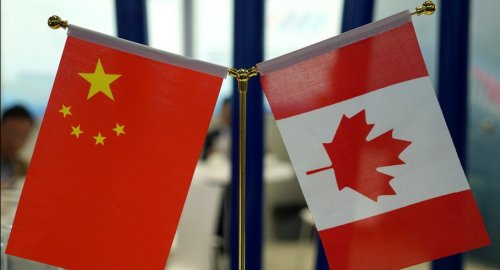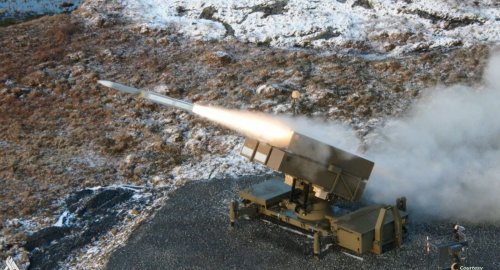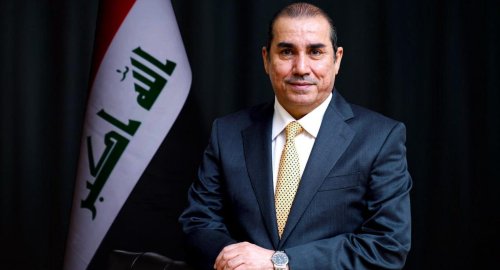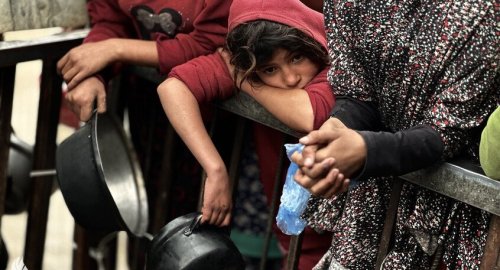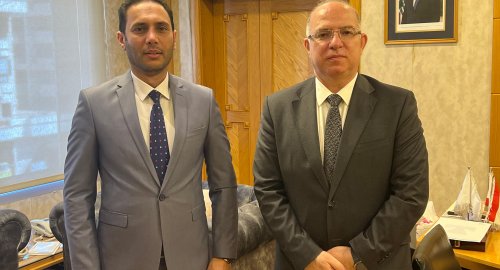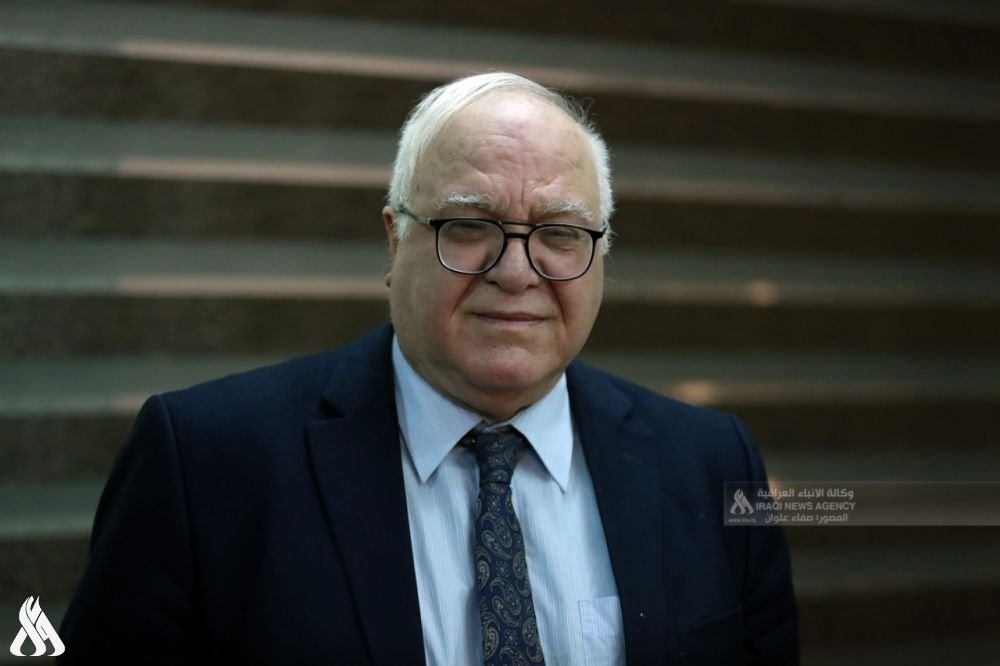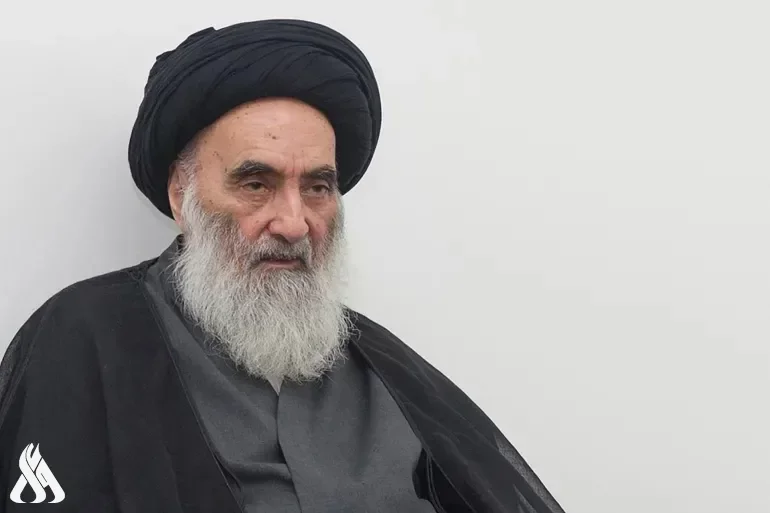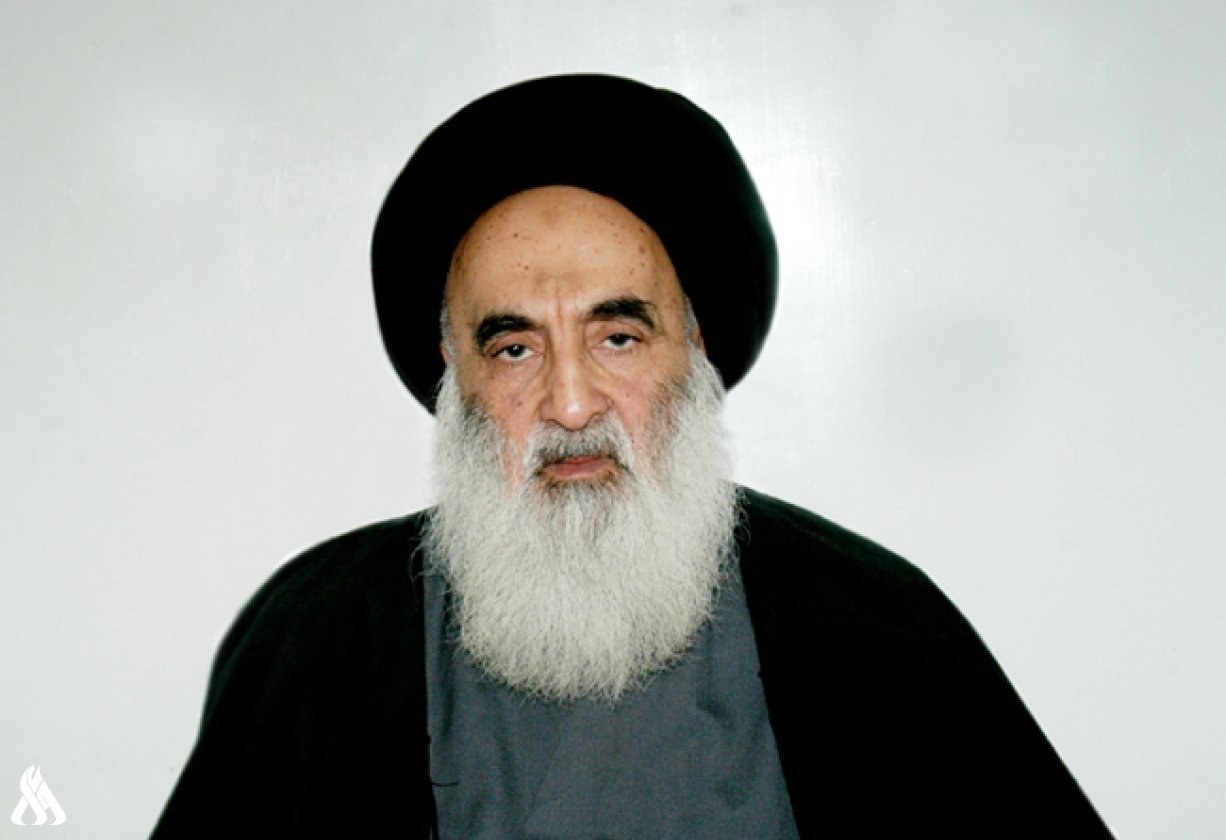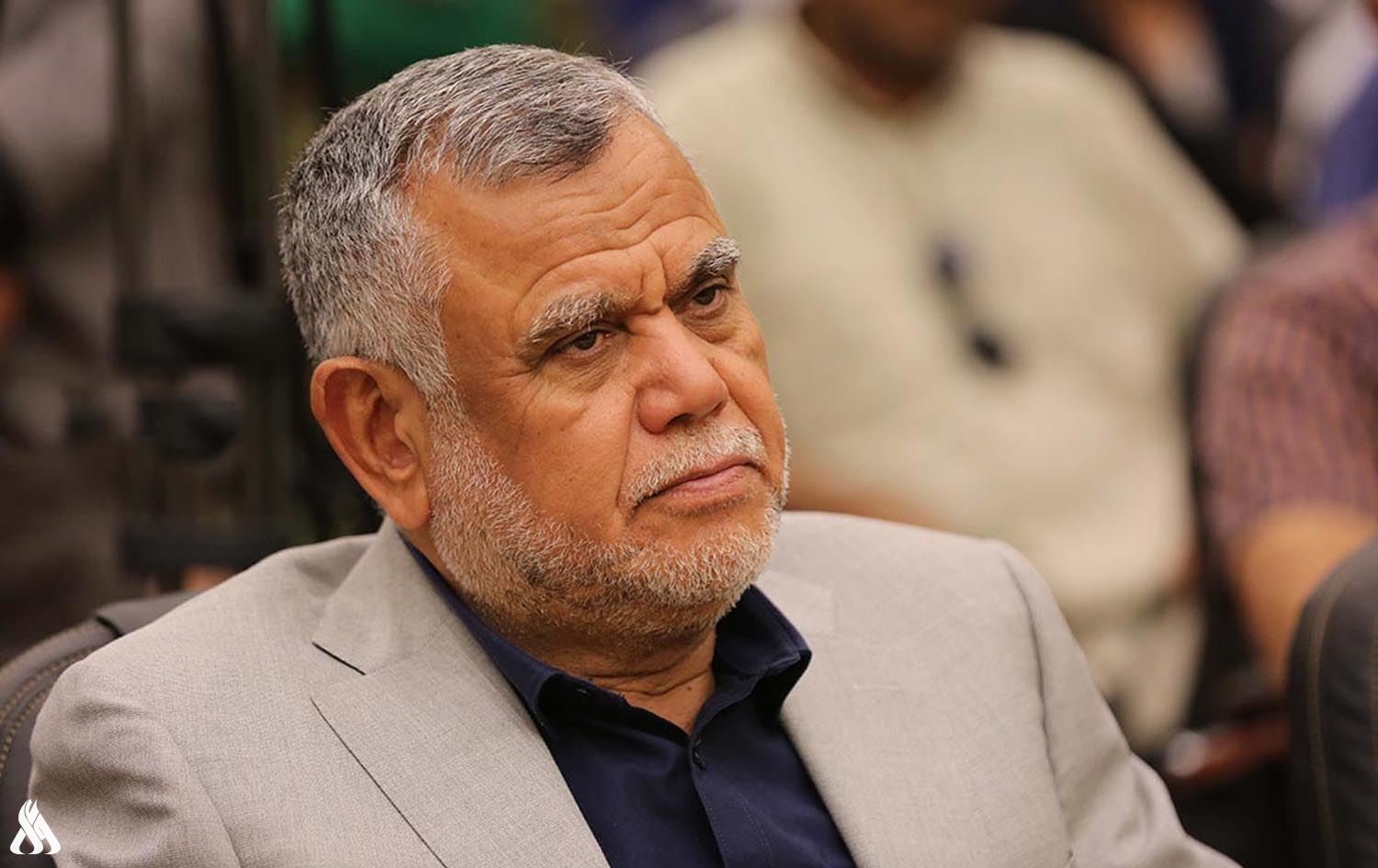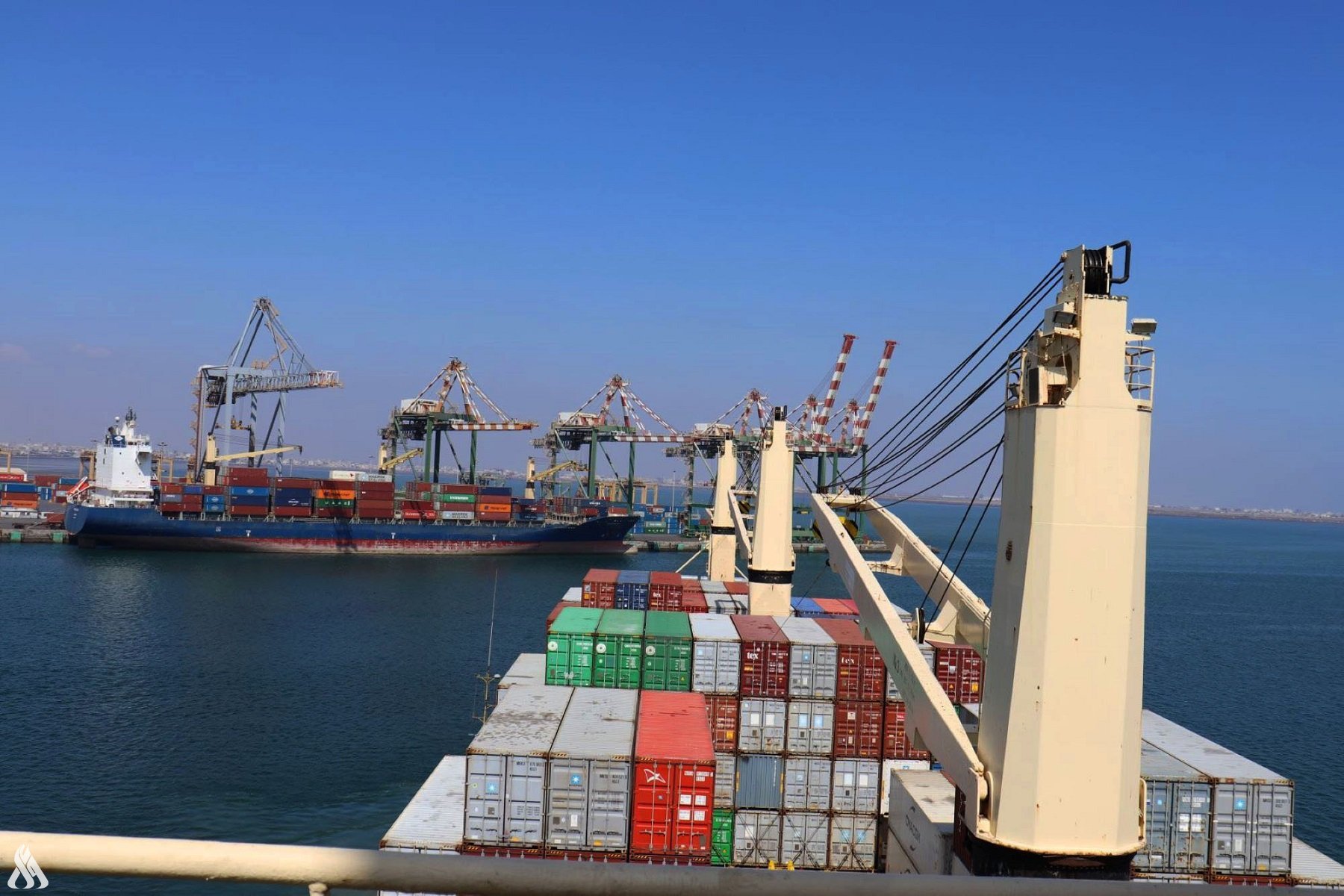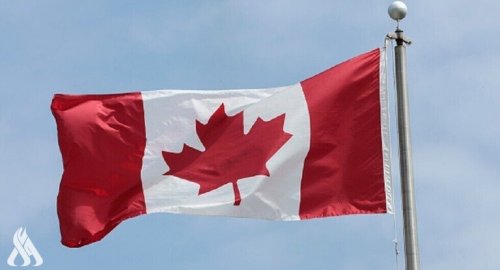
"Unidentified object" shot down over Canada, Trudeau says

- 12-02-2023, 09:15
INA- sources
An "unidentified object" which "violated "Canadian airspace" was shot down over Canada Saturday, Canadian Prime Minister Justin Trudeau announced.
The object was shot down by a U.S. military F-22 fighter jet over the Yukon, Trudeau said.
A U.S. official had previously confirmed that the object was detected by North American Aerospace Defense Command (NORAD) and appeared to be a "high-altitude balloon."
Trudeau tweeted that "Canadian and U.S. aircraft were scrambled" after he "ordered the take down" of the object by NORAD.
In a statement to CBS News, Pentagon Press Secretary Brig. Gen. Pat Ryder said that it was first detected over Alaska on Friday night, and then monitored by two F-22 fighter jets with the assistance of the Alaska Air National Guard.
The jets were "tracking it closely and taking time to characterize the nature of the object," Ryder said.
On Saturday, after it crossed into Canadian airspace, President Biden authorized the F-22 fighter jet, which is assigned to NORAD, to "take down a high-altitude airborne object over northern Canada," according to Ryder.
It was shot down with an AIM 9X missile following "close coordination between U.S. and Canadian authorities," Ryder said.
The White House later confirmed that Mr. Biden "authorized" the "take down" of the object "following a call" with Mr. Trudeau.
All this comes one day after a "high altitude object" was shot down by the U.S. military over Alaska, and exactly one week after a Chinese spy balloon was shot down by the military off the South Carolina coast.
In a news conference Saturday evening, Canadian Defence Minister Anita Anand said Saturday's object was shot down at 3:41 p.m. EST, noting that it was the first time that a "NORAD operation had downed an aerial object."
It was flying at an altitude of 40,000 feet, and was downed about 100 miles from the Alaska-Canada border, Anand said.
Anand noted that it "appeared to be a cylindrical object" that "appeared to be smaller in size" than the Chinese spy balloon shot down off the South Carolina coast.
Anand earlier tweeted that she also spoke with U.S. Defense Secretary Lloyd Austin regarding the object, and that they "reaffirmed that we'll always defend our sovereignty together."
Meanwhile, at around 4:20 p.m. Pacific time Saturday, the Federal Aviation Administration temporarily closed some airspace in Montana for "Department of Defense activities." The FAA issued a notice for flight restrictions in an area over the city of Havre. The airspace was reopened within about one hour.
NORAD later said in a statement that the closure was due to the detection of a "radar anomoly," and that NORAD "sent fighter aircraft to investigate." However, the aircraft "did not identify any object to correlate to the radar hits."
The city of Havre is located about 35 miles from the U.S.-Canada border.
Prior to Saturday's latest incident, NORAD said in a news release that search and recovery operations were underway on "sea ice" near Deadhorse, Alaska, where Friday's object was shot down. Icy temperatures and arctic weather conditions were posing challenges to crews, however.
Recovery operations were also continuing for the Chinese spy balloon shot down Feb. 4 in the Atlantic Ocean, with crews using divers and underwater unmanned vehicles. Those efforts involved U.S. Northern Command, the U.S. Navy and the FBI.
National Security Council spokesperson John Kirby said Friday that the object shot down over Alaska was the size of a "small car." It was taken down more easily than the Chinese spy balloon, Kirby said, which was larger than the Statute of Liberty.
The Chinese spy balloon was part of a "larger Chinese surveillance balloon program" that has operated for several years and over multiple continents, the Pentagon said. That balloon, which was first spotted over Alaska on Jan. 28, transited across the U.S. mainland before being shot down. Bide administration officials said that decision to hold off on shooting it down was made due to the risk to civilians on the ground.
source:
Al-Sistani: Tomorrow, the 29th of Ramadan
- Local
- 25/03/29
Al-Amiri warns of any war between Iran and the US
- politics
- 25/04/01

